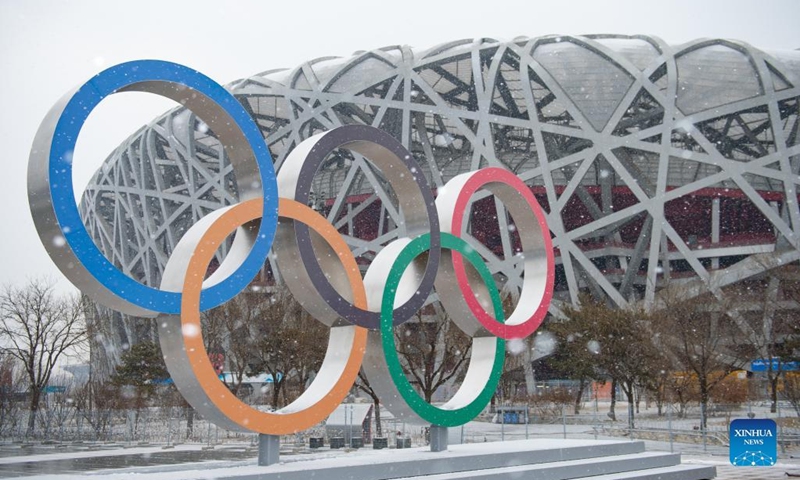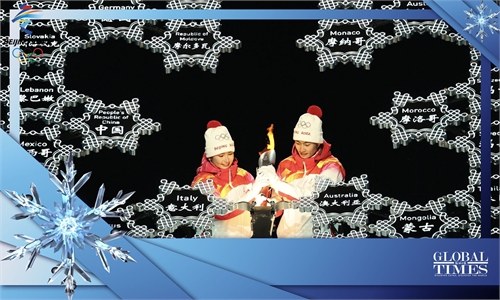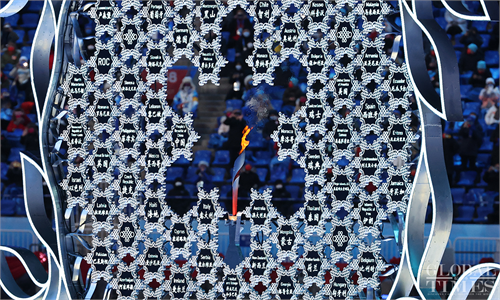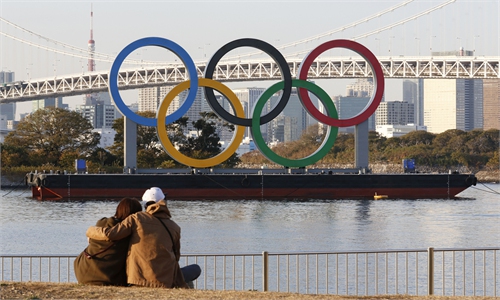SPORT / OLYMPICS
Winter Olympics – an origin story

Photo taken on Jan. 20, 2022 shows the Olympic rings and the National Stadium amid snowfall in Beijing, capital of China.(Photo: Xinhua)
Do you know the first Winter Olympics was called the International Winter Sports Week when it started?
The first event we recognize as being a Winter Olympics was held from January 25 to February 5, 1924 in Chamonix, France. Although it was organized by the French Olympic Committee, it was called the "International Winter Sports Week" and this event was renamed the "1st Olympic Winter Games" only in 1926 at the International Olympic Committee (IOC) Session in Lisbon.
The event was an outright success. Spectators were impressed by the athletes' performances in events like the ski jump and bobsleigh. There were 16 events, with participants from 16 nations. Of the 260 athletes who took part, only 13 were women, and they were only allowed to participate in figure skating. Female alpine skiing was introduced in 1936 at the Games in Garmisch-Partenkirchen, Germany, where women were first allowed to compete in the alpine combined event.
The IOC first agreed to hold a separate Winter Games in 1921 at a meeting of the IOC in Lausanne, Switzerland where there was a plea for equality for winter sports.
The success of the Chamonix event, which attracted just over 10,000 paying spectators, led to the games being designated retrospectively by the IOC in 1925 as the first "Olympic Winter Games."
The same year, the IOC agreed to hold Olympic Winter Games every four years, and the alpine resort of St. Moritz in Switzerland became the second host of the Winter Olympics in 1928, with 669 athletes competing in 22 events. Though many people say the 1928 Games is the first real Winter Olympics, many still consider Chamonix 1924 as the first milestone in Winter Olympics' history.



